Title: Son Retraces Parents’ Footsteps Across Mexico-Arizona Border
A Georgetown student whose parents came to Arizona from Mexico through the so-called Kino Border chose to experience the trip himself by participating in one of the university’s alternative spring breaks.
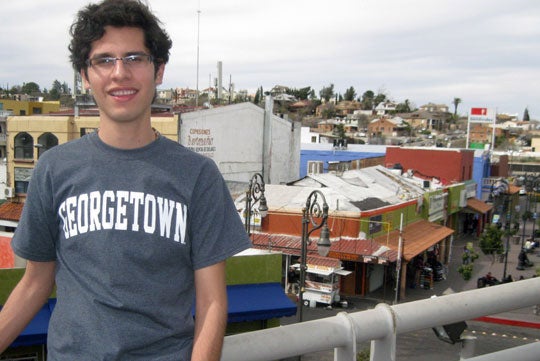
,
, 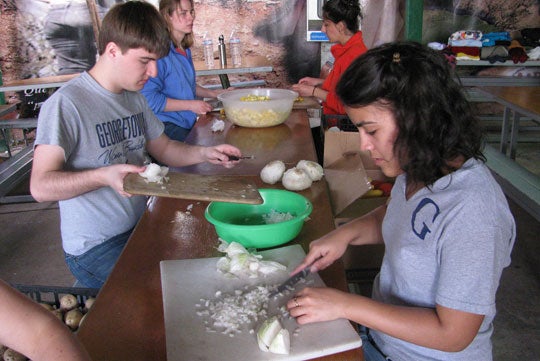
,
, 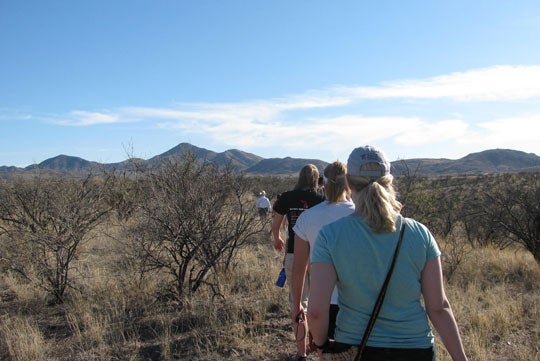
,
, 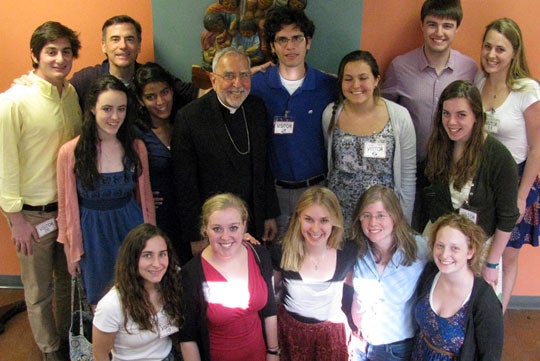
,
, 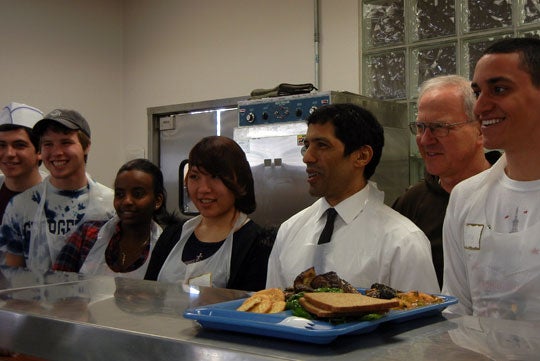
,
, 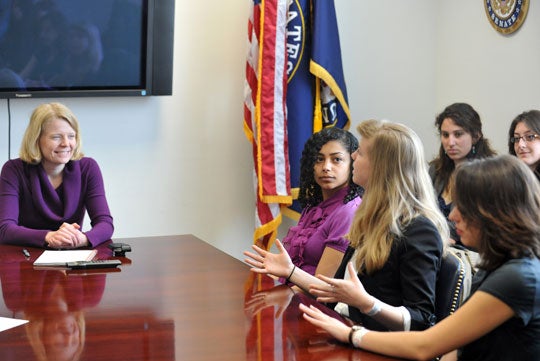
,
, 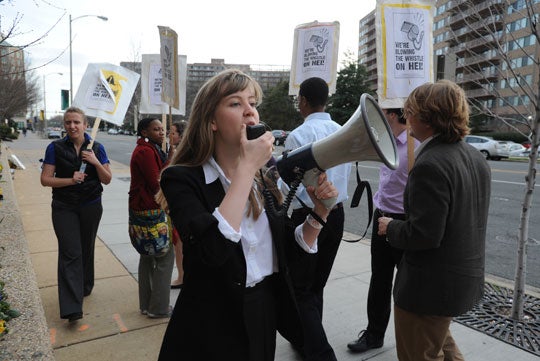
,
, 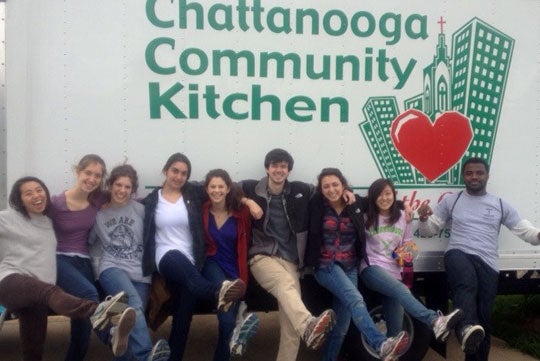
,
, 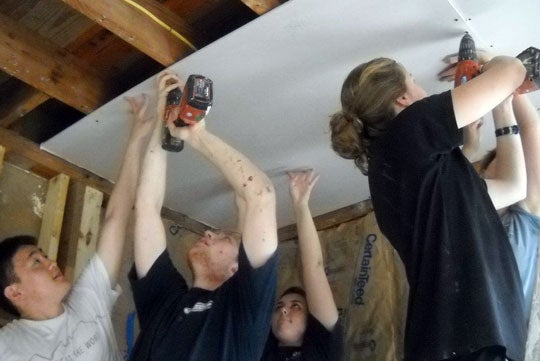
,
, 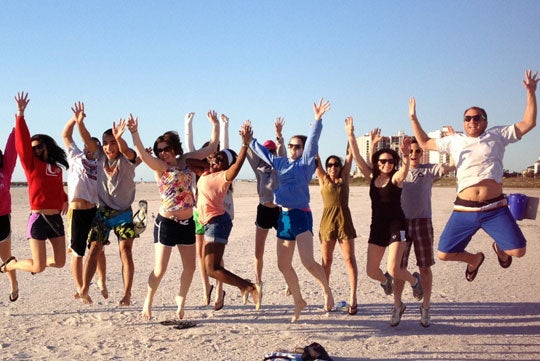
The Center for Social Justice, Research, Teaching and Service (CSJ) at Georgetown sponsors 11 alternative spring break trips all over the country, including the Arizona-Mexico border, where 11 students headed to examine issues surrounding immigration March 3-10.
“My family story began in Arizona when my parents crossed through the very same desert in order to start a new life in the United States,” says Zenen Jaimes (SFS’13), who helped lead the Kino Border Immersion group with university leaders.
A Personal Trip
The student’s father, Jose Zenen Jaimes, and his mother, Marilu Perez de Jaimes, first crossed the border in 1988, but went back and forth between Mexico and Arizona several times.
“My parents came when they were very young and my mom became pregnant with my older brother at the age of 19, so they [had] a lot of financial difficulty at first,” Zenen Jaimes says.
He participated in the same trip last year, but says helping to lead it this year was “a completely different experience.”
“I learned a lot about the issues many ranchers and community members in the area face,” he says. “I especially learned about the concerns many residents have about drug smuggling.”
Diverse Experience
The other group leaders for the Kino Border trip were Rev. Kevin O’Brien, S.J., vice president for mission and ministry, and Lara Ericson, staff member in the Office of Campus Ministry, which co-sponsored the trip.
The group talked with members of the Jesuit-run Kino Border Initiative as well as the Sierra Club, local border patrol and law enforcement agents, local ranchers and faith-based communities.
Participants also toured an immigration and customs enforcement detention center and watched a criminal proceeding through Operation Steamline, a border enforcement program. The group stayed with families from San Miguel Cristo Rey High School, which serves many immigrant families in the area.
Faith-Based Break
Some of the students say they found the trip spiritually enlightening.
Laura West (C’13) says she was “drawn to the faith-based aspect of the trip and the notion that the people who serve at Arizona-Mexico border are animated by a greater purpose and intentionality. It was a very well-rounded trip.”
Like all the alternative spring break trips, the Kino Border Immersion experience is an opportunity for personal growth, connection and social justice, O’Brien says.
Faith in Action
“[It] is an outstanding example of some of our most fundamental values as a Jesuit university – including educating for justice and putting faith into action on behalf of the poor and marginalized,” O’Brien explains.
Zenen Jaimes, a student in the Science, Technology and International Affairs program, says he wants to work in education advocacy after he graduates.
“I hope to teach with the Cristo Rey Network in Texas or Arizona,” he says. “I am also thinking about applying to Teach For America. After this I hope to either attend graduate or law school.”